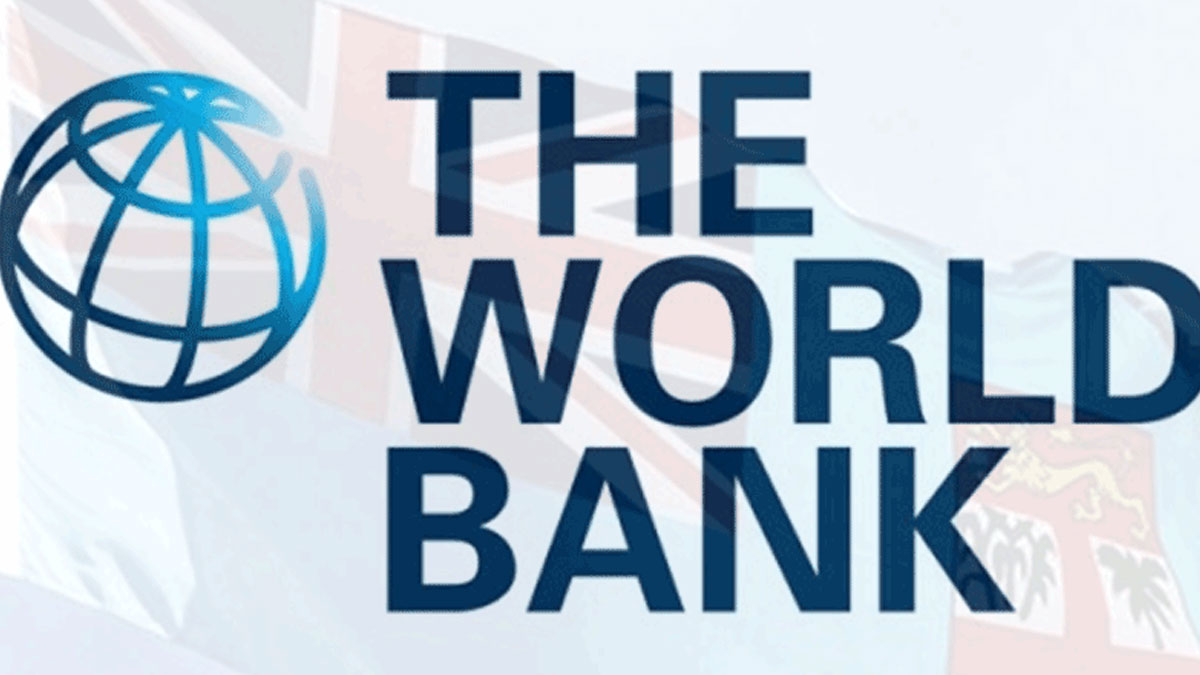
Fiji has secured another US$100 million loan from the World Bank to support the ongoing recovery from the immense shocks of the COVID-19 pandemic that exacerbated the impacts of recent natural disasters.
The new support includes US$50 million on highly concessional terms from the International Development Association, the World Bank’s fund for the world's most in-need countries.
The World Bank says the balance of this new support is through the International Bank for Reconstruction and Development, which provides loans to middle-income and creditworthy low-income countries, as well as by coordinating responses to regional and global challenges.
The Fiji Recovery and Resilience Second Development Policy Financing is the second of a two-part series of budget support to promote a private sector-driven recovery, strengthen climate resilience, improve the management of public finances and mobilize tax revenue.
Minister for Economy, Aiyaz Sayed-Khaiyum says the climate crisis is upon us and intensifying, and every dollar spent now on adaptation will spare us from far higher costs in the years to come.
Sayed-Khaiyum says Fiji is not wasting this vital window to prepare our people and communities. He says in fact, the entire recovery is purpose-built around resilience and long-term economic stability and sustainability. World Bank Country Director, Papua New Guinea and Pacific Islands, Stephen Ndegwa says the pandemic has had deep and lasting impacts on all countries; yet tourism-reliant economies like Fiji have felt these impacts disproportionately.
He says this financing builds on their earlier support for delivering increased jobs.
Ndegwa says they now have an opportunity to not only support Fiji’s recovery, but to also prepare Fiji to better take advantage of opportunities in the future.
The World Bank says the reform program supported through this operation boosts Fiji’s recovery and resilience, including through engagement of women’s groups and local communities to rehabilitate degraded lands, especially forests and coastal areas, and improve their ability to manage climate-related risks and disasters; strengthening of institutional arrangement for delivering early warning systems for natural disasters; further efforts to spur investments and expand the use of digital payments; and further strengthening of management of public finances and debt while increasing tax revenue.
Stay tuned for the latest news on our radio stations


